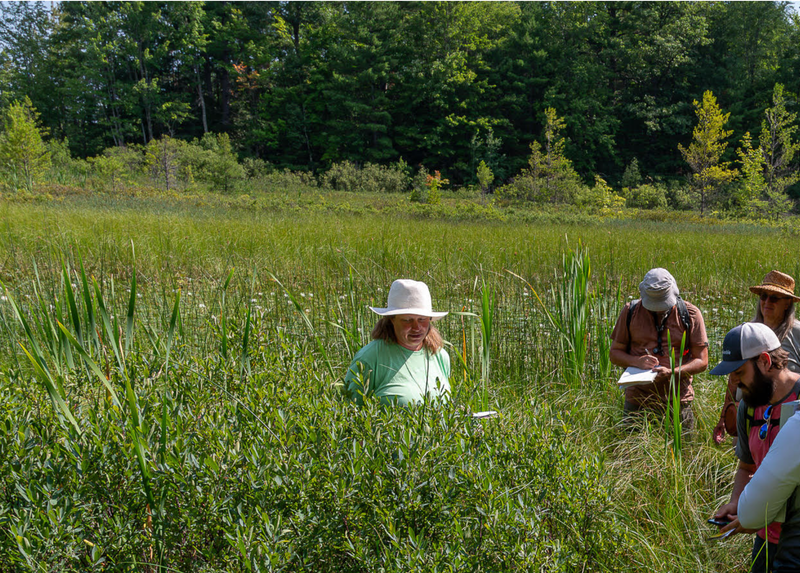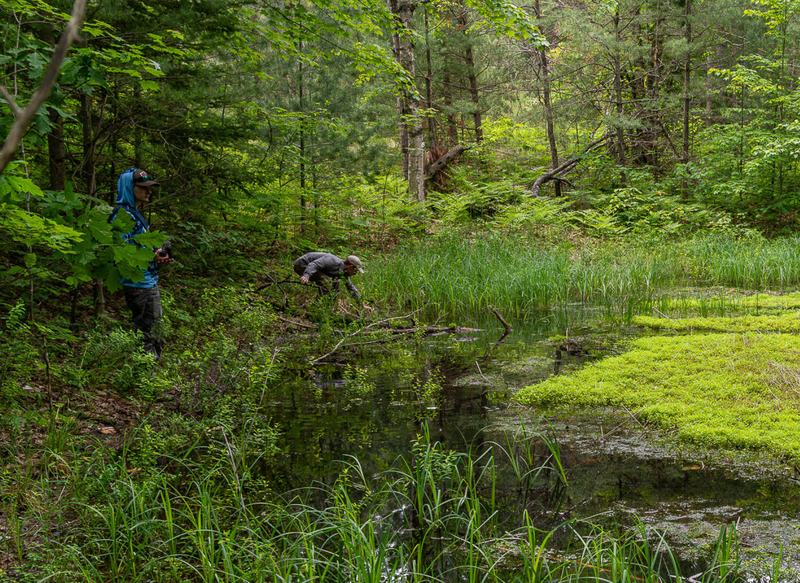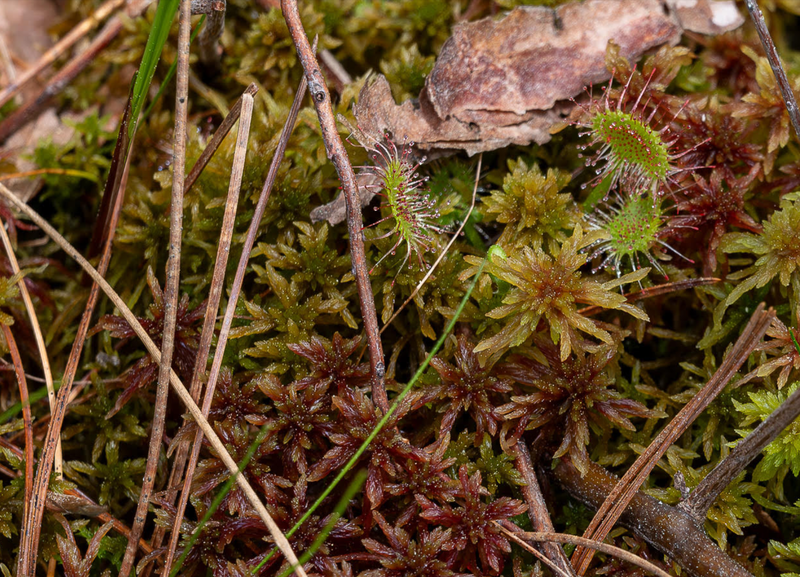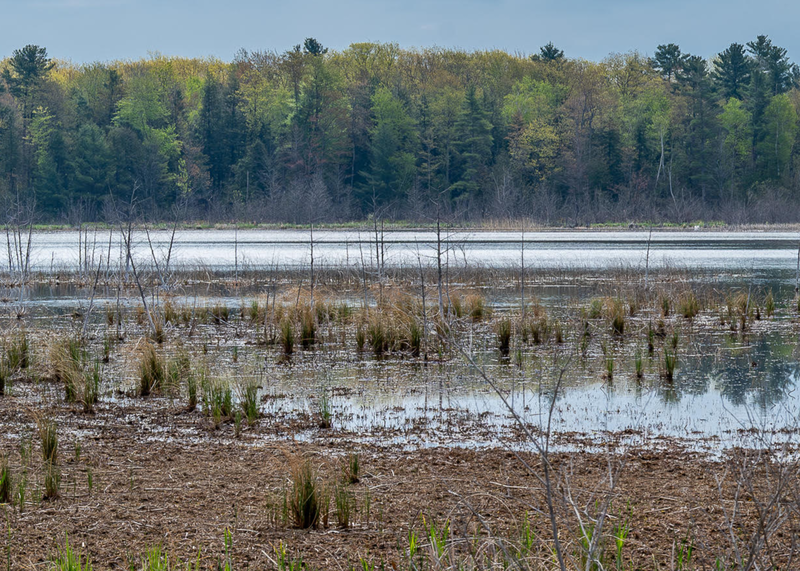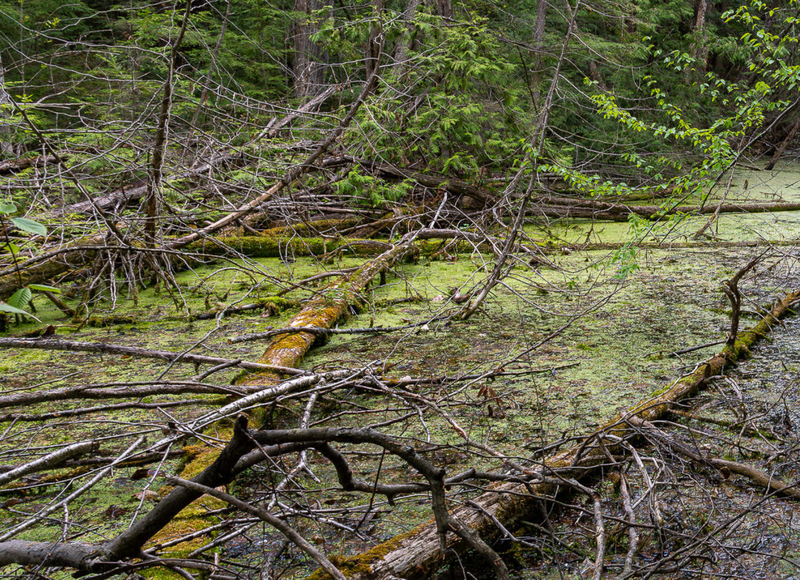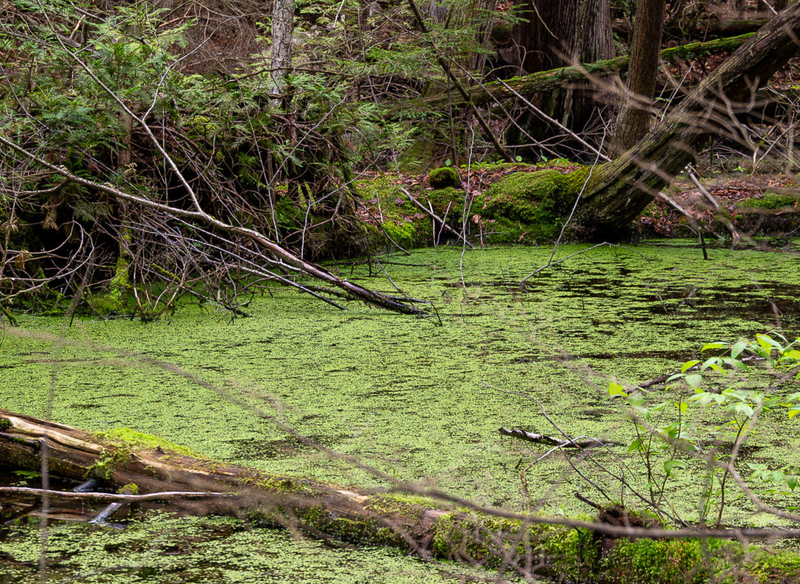Elk Rapids Almanac - December 2023
December 13-The conclusion of the annual UN Climate Change conferences (or COP28), the multilateral decision-making forum on climate change with almost complete membership of every country in the world gathering to address such issues as limiting global temperature rise to 1.5 degrees Celsius, helping vulnerable communities adapt to effects of climate change, and achieving net-zero emissions by 2050. Participants included member countries, business leaders, young people, climate scientists, Indigenous Peoples, journalists, and stakeholders.
Traverse City’s Circle of Blue executive director J. Carl Ganter attended and noted that water was high on the agenda, with an important moment for the freshwater community, significant for the Great Lakes region, when 37 countries signed on for what the World Wildlife Fund described as “the world’s largest initiative to restore degraded rivers, lakes and wetlands and to protect vital freshwater ecosystems.”
Traverse City’s Circle of Blue executive director J. Carl Ganter attended and noted that water was high on the agenda, with an important moment for the freshwater community, significant for the Great Lakes region, when 37 countries signed on for what the World Wildlife Fund described as “the world’s largest initiative to restore degraded rivers, lakes and wetlands and to protect vital freshwater ecosystems.”
December 15-Wetlands are increasingly recognized as an important element of green infrastructure and have a significant presence in the Elk Rapids area. For a better understanding of wetlands, their significance and value, Angie Bouma, GTRLC, gave this summary:
“Intact, natural wetlands are a significant and important component of community green infrastructure for a myriad of reasons, but preventing flood damage and providing safe drinking water may be their most well-known attributes. Natural wetland habitats filter excess nutrients, sediment, and pollution from run-off, and act as sponges that soak up water when rainstorms or spring snowmelt occasionally flood lakes, rivers, and streams. Over the centuries as vegetation slowly decays in a wetland, a thick layer of rich organic soil is formed that acts as a carbon sink. The more impacted or fragmented a wetland becomes, the less filtration and carbon sequestration benefits the system can provide, therefore, safeguarding existing remaining natural wetlands is extremely important, but even restored wetlands can offer ecological benefits in the long-term.
What may be less well known or appreciated about wetlands is the incredible diversity of wetland types that exist in northern lower Michigan. Wetlands can be former lakes, or glacial outwash plains covering vast expanses of hundreds of acres or more, or as small as 5 acres. When thinking of natural wetlands, what may come to mind are images of mist-shrouded bogs or sunny open grass-like meadows of shallow waters lining lakes and streams, or tag alder shrub thickets, but one category that is often overlooked are our forested wetlands, like cedar swamps, hardwood conifer swamps, and forested peat wetlands. Forested wetlands are incredibly important for water quality, wildlife habitat, and carbon sequestration, and even form their own cooler micro-climates. The Michigan Natural Features Inventory maintains a database of listed species including the many that utilize wetland habitat types, as well as information on habitat types if you’d like to learn more. Additional resources:
Note: Novelist Annie Proulx on wetlands preservation. _ Fen, Bog & Swamp: A short history of peatland destruction and its role in the climate crisis. 2022
“Intact, natural wetlands are a significant and important component of community green infrastructure for a myriad of reasons, but preventing flood damage and providing safe drinking water may be their most well-known attributes. Natural wetland habitats filter excess nutrients, sediment, and pollution from run-off, and act as sponges that soak up water when rainstorms or spring snowmelt occasionally flood lakes, rivers, and streams. Over the centuries as vegetation slowly decays in a wetland, a thick layer of rich organic soil is formed that acts as a carbon sink. The more impacted or fragmented a wetland becomes, the less filtration and carbon sequestration benefits the system can provide, therefore, safeguarding existing remaining natural wetlands is extremely important, but even restored wetlands can offer ecological benefits in the long-term.
What may be less well known or appreciated about wetlands is the incredible diversity of wetland types that exist in northern lower Michigan. Wetlands can be former lakes, or glacial outwash plains covering vast expanses of hundreds of acres or more, or as small as 5 acres. When thinking of natural wetlands, what may come to mind are images of mist-shrouded bogs or sunny open grass-like meadows of shallow waters lining lakes and streams, or tag alder shrub thickets, but one category that is often overlooked are our forested wetlands, like cedar swamps, hardwood conifer swamps, and forested peat wetlands. Forested wetlands are incredibly important for water quality, wildlife habitat, and carbon sequestration, and even form their own cooler micro-climates. The Michigan Natural Features Inventory maintains a database of listed species including the many that utilize wetland habitat types, as well as information on habitat types if you’d like to learn more. Additional resources:
- https://www.michigan.gov/egle/about/organization/water-resources/wetlands/what-are-wetlands-and-why-are-thttp://www.wetlands-initiative.org/hey-important
- https://bwsr.state.mn.us/carbon-sequestration-wetlands#:~:text=All%20wetlands%20sequester%20carbon%20from,instances%2C%20over%20thousands%20of%20years.
Note: Novelist Annie Proulx on wetlands preservation. _ Fen, Bog & Swamp: A short history of peatland destruction and its role in the climate crisis. 2022
December 15-Fox activity! A streak of red flashed by last week - no time to take a picture but I was so happy to catch a fox sprintg across the yard. Our neighborhood hadn't spotted the fox in months, so it was really nice to see it again! _Julie Farrell
December 21-The winter solstice marks the official beginning of winter in the Northern Hemisphere. The time from sunrise to sunset is shortest for the year, according to NASA

